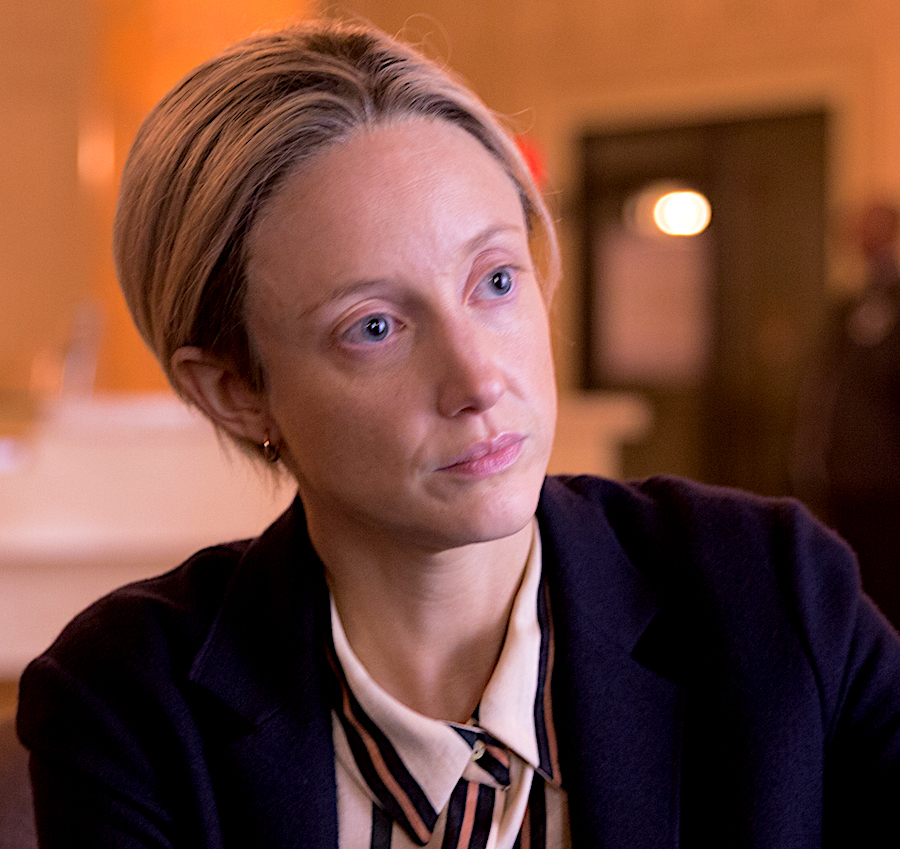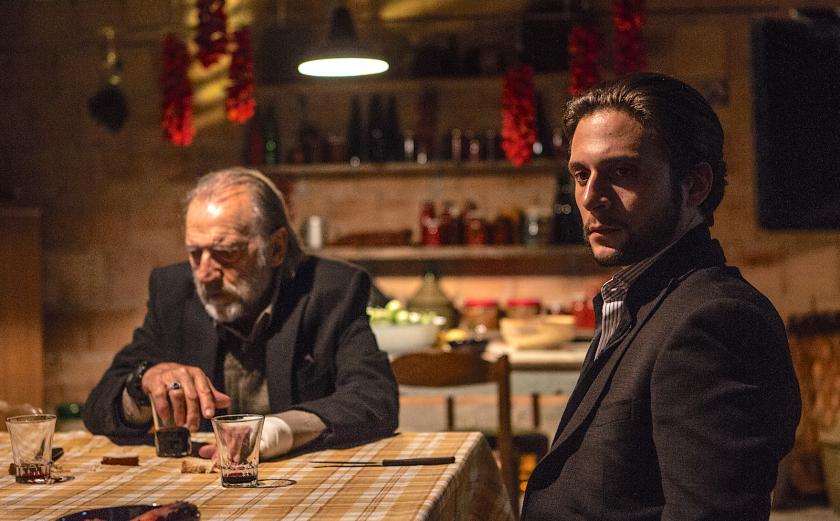Based on a book by Roberto Saviano, author of the Neapolitan gang saga Gomorrah, ZeroZeroZero (Sky Atlantic) is an account of the international drugs trade and the way its tentacles wrap themselves around the entrails of societies at all levels. It’s a lavishly-mounted and beautifully photographed production with the feel of a big-budget movie like Sicario or Traffic, knitting together storylines in Mexico, New Orleans and Calabria in south-west Italy.
It’s also a story riddled with sadistic violence and torture and may not be everyone’s idea of escapist lockdown viewing, but it exerts a fearsome grip. The opening scenes of the first episode immediately seize your attention, as we zero in on Don Minu (Adriano Chiaramida), the elderly head of an extended Italian crime family proposing to revitalise his organisation by importing a massive 5,000 kilos of cocaine. However, far from living in a lavish walled villa with bodyguards, swimming pool etc, Don Minu is living like a man on the run in a custom-built bunker hidden underground on a mountainside. From within its cramped confines he can survey the surrounding scenery on a bank of surveillance screens.
 It soon transpires that he’s wise to be cautious. His supposedly devoted grandson Stefano (Giuseppe De Domenico) assures the old man that noone would ever betray him, while cold-bloodedly plotting to do exactly this himself. Stefano is the kind of guy who’ll look on impassively while a business rival is eaten alive by pigs, and he looks forward to meting out the same fate to Don Minu. Before that can happen, the Don’s CCTV system proves its worth by saving his neck when heavily-armed troops come to smoke him out of his lair.
It soon transpires that he’s wise to be cautious. His supposedly devoted grandson Stefano (Giuseppe De Domenico) assures the old man that noone would ever betray him, while cold-bloodedly plotting to do exactly this himself. Stefano is the kind of guy who’ll look on impassively while a business rival is eaten alive by pigs, and he looks forward to meting out the same fate to Don Minu. Before that can happen, the Don’s CCTV system proves its worth by saving his neck when heavily-armed troops come to smoke him out of his lair.
The shape of the narrative is spelled out in captions – in Calabria we have The Buyers, in Monterrey, Mexico we meet The Sellers (ie the cartels), and they’re brought together by The Dealmakers, a shipping firm in New Orleans who shunt shedloads of cocaine across the oceans. It’s a fabulously lucrative business, as Edward Lynwood (Gabriel Byrne), head of the shipping company, is well aware. “What we do keeps the world’s economy afloat,” he postulates to his daughter Emma (Andrea Riseborough, pictured above), in between stumping up $18m to buy a new container ship and another $31m as a downpayment on the contraband cargo. Emma likes to believe that “we’re not drug dealers, we’re shipping brokers,” a Nuremberg defence if ever there was one.
 These interlocking stories of contrasting families fatally bound together by their shared business interests evoke echoes of shows like Succession or indeed Saviano’s Gomorrah (the same production team made the Gomorrah TV series), and lend some piquant emotional shades to counterpoint the ferocious action sequences. Not that you’re likely to feel sorry for any of these people and their deplorable activities, but it does impart a sense of how the drugs industry is a one-way treadmill which may bring you huge rewards but is guaranteed to take you straight to hell.
These interlocking stories of contrasting families fatally bound together by their shared business interests evoke echoes of shows like Succession or indeed Saviano’s Gomorrah (the same production team made the Gomorrah TV series), and lend some piquant emotional shades to counterpoint the ferocious action sequences. Not that you’re likely to feel sorry for any of these people and their deplorable activities, but it does impart a sense of how the drugs industry is a one-way treadmill which may bring you huge rewards but is guaranteed to take you straight to hell.
This is brought home with particular force in the Mexican scenes, where cocaine is like sulphuric acid dripping into every crevice of the body politic. It’s taken for granted that businessmen and politicians are on the take from the cartels, and most of the police are too. When it transpires that even the army’s heavily-armed anti-cartel squad has been penetrated by a cartel informer, it seems that there’s no hope, even if the mole is a devout Catholic and church-goer (pictured above, Harold Torres as Manuel Contreras). Plenty of bloodletting and anarchy in store.















Add comment